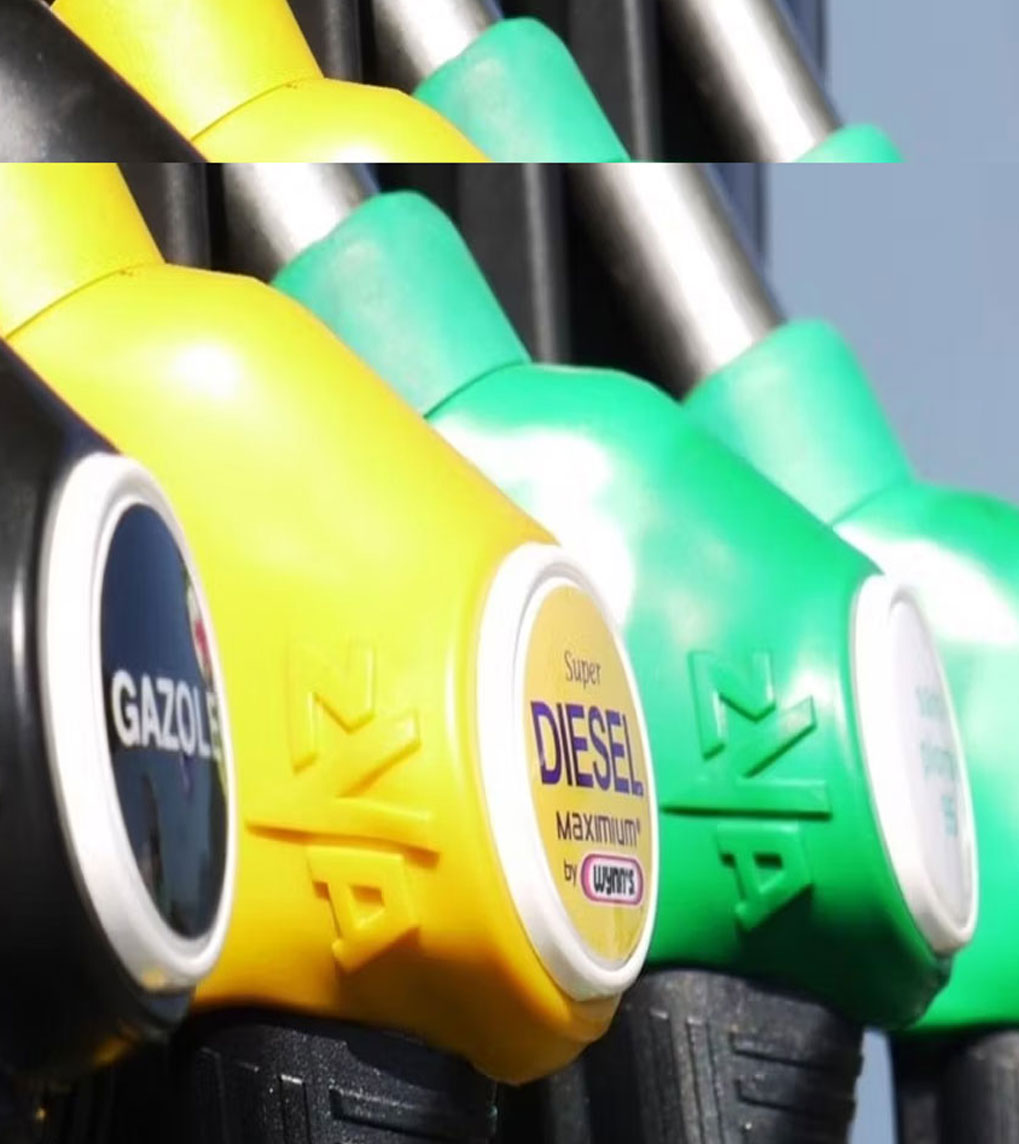


Client Name:
Themeforest.Validthemes.ComCategory:
Mobile AppStart Date:
15 November 2021Ending Date
15 November 2022Budgets:
$5014USD
 Oil & Gas
Oil & Gas
Petroleum Derivatives
ABC provides expert consulting services in the realm of petroleum derivatives, offering strategic guidance and tailored solutions to clients across various industries. With our in-depth knowledge of market trends, supply chain dynamics, and regulatory requirements, we assist clients in optimizing their operations and maximizing value from petroleum-derived products. Whether it's Bunker Fuel, Lube Oil and Bitumen, or petrochemicals used in manufacturing, ABC ensures that clients navigate challenges effectively and capitalize on emerging opportunities in the dynamic petroleum derivatives market.
ABC provides its assistance towards following types of petroleum derivatives:












